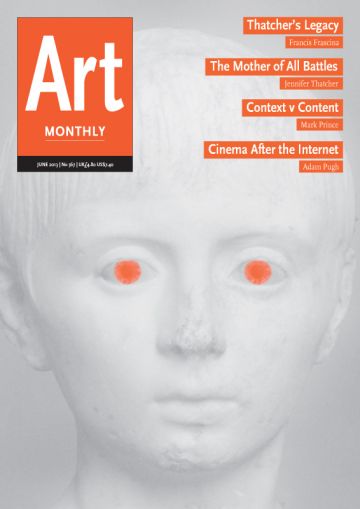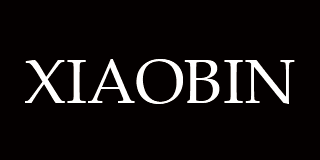Art Monthly 367
June 2013
Thatcher’s Legacy
Francis Frascina
The Mother of All Battles
Jennifer Thatcher
Context v Content
Mark Prince
Cinema After the Internet
Adam Pugh
Buy Now – select:
Want to read this right now?
Get instant access to the entire back catalogue via Exact Editions from only £8.99!
Contents
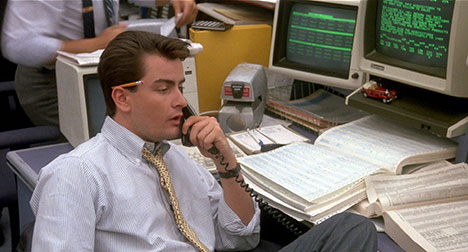
still from Oliver Stone's Wall Street 1987
Feature
Thatcher: The Legacy
Francis Frascina on Thatcherism, masquerade and cultural coercion
The machinations that produced the elaborate public funeral and Parliamentary eulogisation of Margaret Thatcher owed much to Thatcherism's marshalling of representation. How have artists such as Jo Spence and Adam Broomberg & Oliver Chanarin tried to crack this neoliberal mirror?
'In the light of Glenda Jackson's historical contrast, Thatcher's "womanliness" was a masquerade and other to the diversity of practices and theories produced by women during the decades of her political activity.'
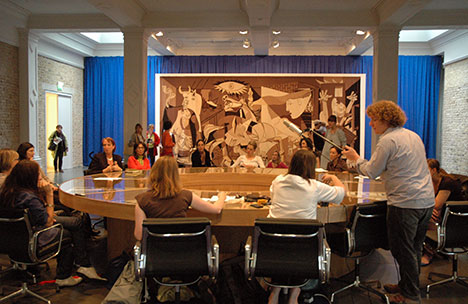
the first Enemies of Good Art meeting, Whitechapel Gallery, 2009
Feature
50:50
Women are still woefully under-represented in the art world argues Jennifer Thatcher
The recent resurgence of feminism has seen the art world again come under scrutiny over inequality. Forty years after the flourishing of the Women's Liberation Movement, why is there still so far to go?
'Positive discrimination is illegal in the UK, yet it astonishes me that trustees can look around a room and, where there are few or no women, not feel compelled to make changes.'
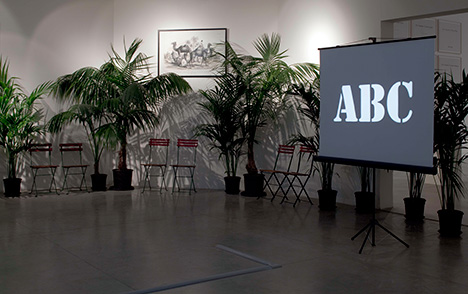
Marcel Broodthaers A Winter Garden II 1974/2012 and A Winter Garden (ABC) 1974
Feature
Context v Content
Mark Prince on the phenomenon of the unreliable curator
If one strand of post-minimalist art operates through the activation of its surroundings, today's curator-led exhibitions make for treacherous environments. How have artists such as Marcel Broodthaers, Mark Leckey and Elmgreen & Dragset subverted such loaded contexts?
'The hubris of the contemporary celebrity curator is played out as a fictional narrative of vainglory. Significantly, this involves a questioning of O'Doherty's claim that "context" becomes "content".'
Comment
Editorial
Never Mind the Quality
In her first keynote speech since becoming culture secretary, Maria Miller restated coalition government dogma: the value of the arts can only be measured through economics. But isn't this agenda based on a false premise that is fundamentally misleading?
'The logic of the minister's thinking has been perfectly parodied by the economist John Kay, who wrote in 2010: "Illness contributes about 10% of the UK's economy: the government does not do enough to promote disease."'
Artnotes
A report on private investment in the arts shows support from individuals continuing to grow and support from businesses continuing to decline; a new study guide critically examines corporate sponsorship of the arts; Tate faces continued anti-oil sponsorship protests as well as other ethical dilemmas; the Turner Prize stitch-up; the creative industries undergo reclassification; ACE hands out funds to develop further fundraising models; Central Saint Martins asks 'what's the point of art school?'; galleries open and close; the latest news on events, appointments, prizes and more.
Submissions: Send news items to artnotes@artmonthly.co.uk
Reviews
Exhibitions
Anguish and Enthusiasm: What Do You Do With Your Revolution Once You've Got It
Cornerhouse, Manchester
Bob Dickinson
Ruins in Reverse
Tate Modern: Project Space, London
Giulia Smith
Uncommon Ground: Land Art in Britain 1966-1979
Southampton City Art Gallery
Nancy Holt & Robert Smithson: England and Wales 1969
John Hansard Gallery, Southampton
Paul Carey-Kent
Monuments
Lismore Castle Arts, Waterford
Chris Clarke
Simon Liddiment and Lawrence Weiner: COVERED BY CLOUDS
Project/Number, London
Sophie J Williamson
I knOw yoU
Irish Museum of Modern Art, Dublin
Chris Clarke
Bernadette Corporation: 2000 Wasted Years
ICA, London
Larne Abse Gogarty
Linder: The Ultimate Form
The Hepworth Wakefield
Bob Dickinson
Ellen Gallagher: AxME
Tate Modern, London
Mark Prince
Lucy McKenzie: Something They Have to Live With
Stedelijk Museum, Amsterdam
Cherry Smyth
London Round-up
Raven Row • PEER • Showroom • Corvi Mora
George Vasey
Reviews
Books
Performing Contagious Bodies
Martin Patrick on Christopher Braddock's study of ritual in art
'By keeping questions of "presence" and "absence" open-ended and worthy of diligent, curious scrutiny throughout the book, Braddock pursues threads that are entirely relevant to a contemporary art world almost saturated with durational practices that are frequently taken solely at face value.'
Reports
Performance
Party for Freedom
Colin Perry experiences Oreet Ashery's Artangel commission
'Visually, some of the film's orgiastic excess recalls works by Jack Smith, Stephen Dwoskin or the Viennese Actionists. The event as a whole, however, is more reflexive than carnivalesque.'
Reports
Film
Oberhausen: Flatness – Cinema After the Internet
Adam Pugh on the short film festival's 59th edition
'Ambitious and provocative, the theme set out in eight programmes to interrogate the proposition that the shift from the mass spectacle of cinema to the networked but solipsistic mode of engagement engendered by the internet has served to compress and abrade human experience.'
Reports
Letter from Paris
Springtime
Laura McLean-Ferris feels the chill wind of a corporatised art scene
'Today, many young collectives are less "Never Work" and more "Always Work". Still, the idea of the artist as strategist has some currency at this moment and younger generations appear to be interested in Guy Debord.'
Artlaw
Contracts
Consignment: Trust
Henry Lydiate on what happens to artworks when galleries go bust
'If the gallery business fails and becomes insolvent, its assets are required by law to be liquidated to generate cash to pay business creditors. Do such "fire sales" include selling artists' works that have been received on consignment?'
Listings
Exhibitions
Exhibition Listings
Art Monthly's exhibition listings can also be viewed online.

